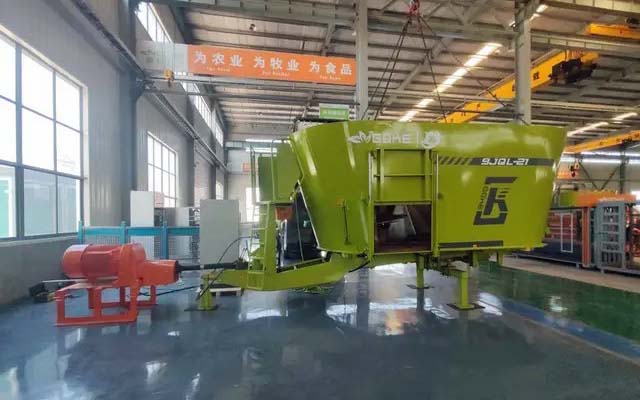Singapore-headquartered Bio-LNG, a privately owned supplier of bio-LNG, has joined the Sea-LNG coalition.
According to Sea-LNG, LNG bunkering volumes have grown significantly in key bunkering hubs as more LNG-fuelled vessels have entered into operation. The Maritime and Port Authority of Singapore (MPA) saw a four-fold increase in 2024 to almost 340,000t. Straits Bio-LNG recognises the demand is growing and has made it clear that 250,000t of bio-LNG will be available yearly in response.
Yiyong He, Director Straits Bio-LNG, said: “We’re firmly convinced in the viability of the LNG pathway to decarbonise the shipping industry. With its very low carbon intensity and improving commerciality, liquified biomethane will be a critical piece of the puzzle for decarbonising the sector. By joining Sea-LNG, we’re proud to be part of a collection of first movers making real strides to make the LNG pathway a tangible reality today.”
Straits Bio-LNG aims to reach its bio-LNG supply goal by using pioneering methods. It is currently in the advanced stage of testing breaking down empty fruit bunch (EFB) by an established biological process with high enzyme concentration in its R&D facility in Malaysia. Both palm oil mill effluent (POME) and EFB are sustainable biomass resources listed in the ‘List of Materials Eligible for ISCC EU Certification’ and are therefore compliant with the European Union’s Renewable Energy Directive (RED).
Peter Keller, chairman Sea-LNG, said: “The Port of Singapore is the largest global bunkering hub. As seen in our View from the Bridge report, 2024 saw record growth in LNG and liquified biomethane bunkering, but we need more fuel to meet upcoming demand. The use of liquefied biomethane as a marine fuel can reduce GHG emissions by up to 80% compared to marine diesel on a full well-to-wake basis. When produced from the anaerobic digestion of waste materials, such as manure, POME or EFB, methane that would otherwise be released into the atmosphere is captured, resulting in negative emissions of up to -190% compared with diesel.”
An independent study by the Maritime Energy and Sustainable Development Centre of Excellence at Nanyang Technical University in Singapore found that pure bio-LNG could cover up to 13% of the total energy demand for shipping fuels in 2050, rising to 63% for a 20% blending ratio. The MPA has established itself as a leader in the LNG pathway, with suppliers such as Straits Bio-LNG reinforcing this position. Recently, the port launched an Expression of Interest to explore scalable solutions for sea-based LNG reloading to complement the existing onshore LNG bunkering storage and jetty capacities and the supply of e/bio-methane as marine fuel in the Port of Singapore.
Straits Bio-LNG is expected to play a critical role in furthering the expansion of liquified biomethane at scale to meet the demand and continuing to showcase the LNG pathway as a practical and realistic solution for shipowners to decarbonise their operations.
Image: Straits Bio-LNG (source: Sea-LNG)



